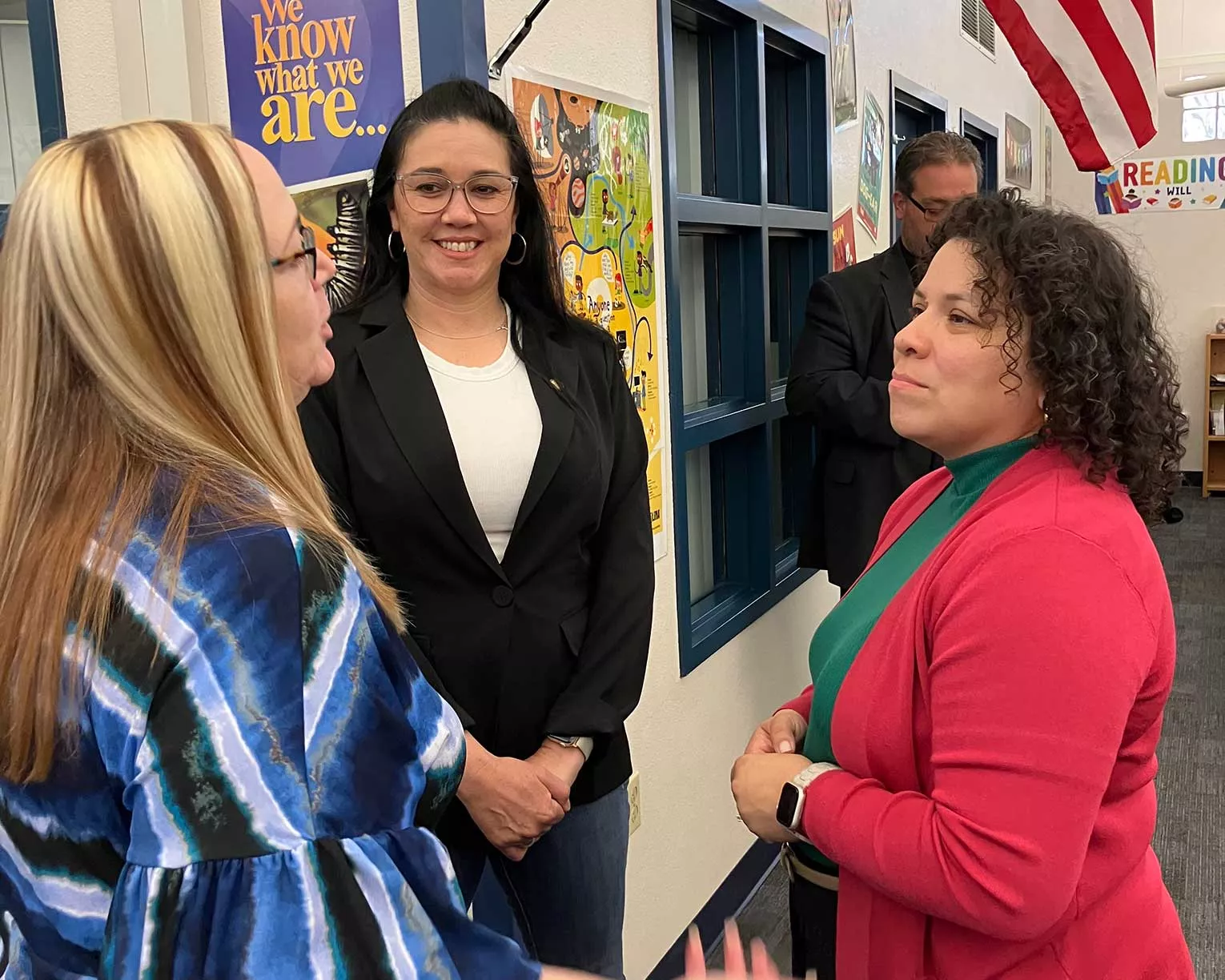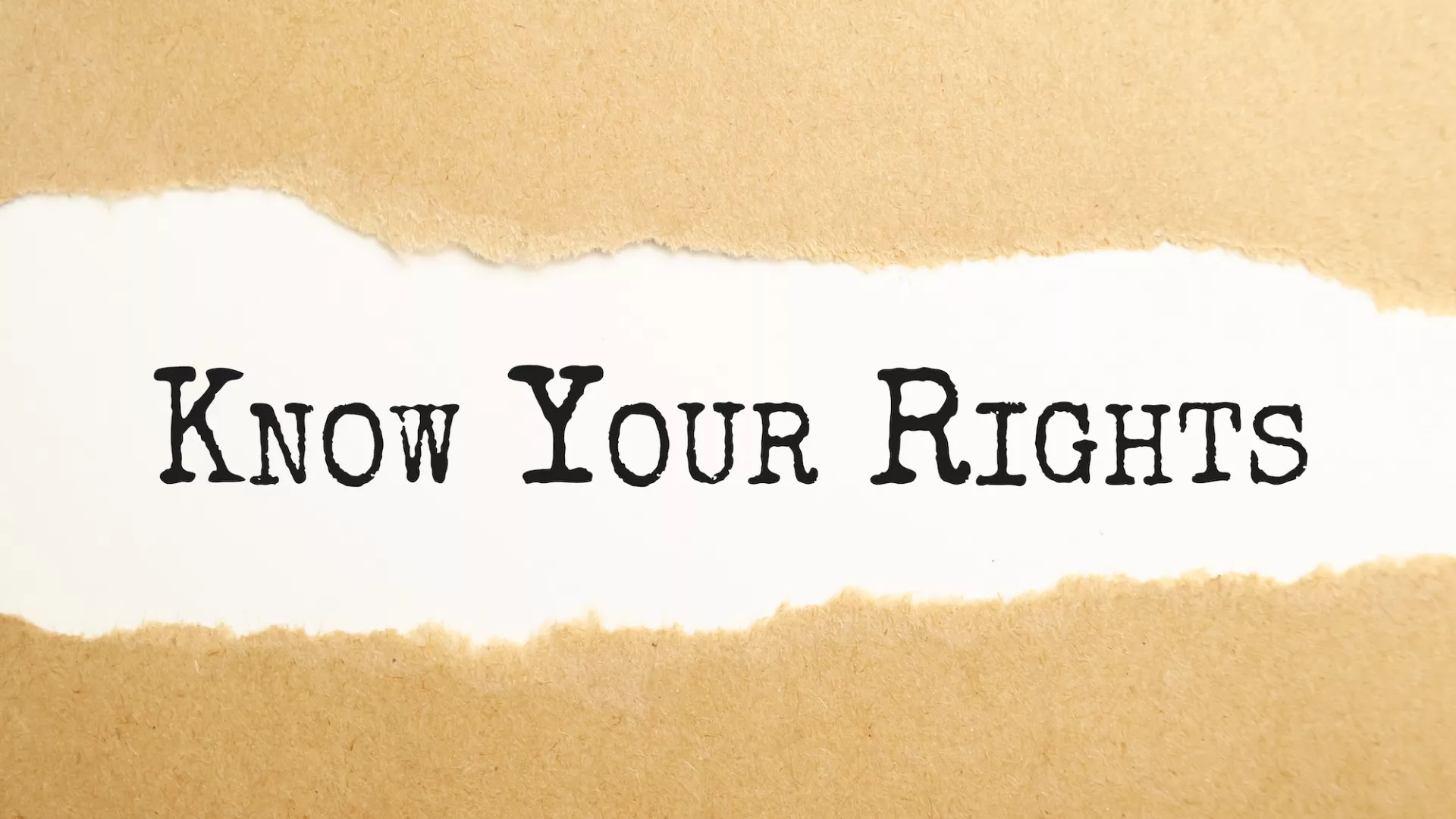Your Discipline, Grievances and Due Process Rights
Weingarten Rights
Did you know you have The rights of employees covered by the NLRA to request union representation during investigatory interviews if they reasonably believe that the interview could result in their being disciplined. Weingarten rights also guarantee the rights of union representatives to assist and counsel employees during interviews which could lead to discipline. ?
Your rights
These rights mean every ESEA member is guaranteed the right to union representation during an investigatory interview conducted by his or her employer if the interview could in any way lead to discipline, including termination, or could affect the member’s personal or working conditions. In this situation, the member should request that a building representative or officer be present at the meeting. Without this representation, the member has the right to choose not to answer any questions per the United States Supreme Court case of NLRB v. J. Weingarten, Inc., 420 U.S. 251 (1975). It is very important to remember that the employer does not have to advise an employee of his or her rights under Weingarten.
You may wish to request representation any time the purpose of the meeting is any of the following:
- Any type of disciplinary action;
- Investigation meeting;
- Reprimand;
- Infraction of a work rule or board policy;
- Questions concerning a request or use of any leave;
- Allegations of abuse; and
- Parental, student or community complaint.
Ensure your rights
Members should ask their principal, supervisor, or other management personnel to clarify the purpose of the meeting to determine if union representation is needed. You can use the following language to ensure your rights:
If this discussion could in any way lead to my being disciplined or terminated, or affect my personal working conditions, I respectfully request that my Association representative be present at the meeting. Without representation, I choose not to answer any questions. That is my right under a U.S. Supreme Court decision called Weingarten.
When the employee makes the request for a union representative to be present, the employer can do any of the following: (1) stop questioning until the representative arrives; (2) cancel the interview; or (3) tell the employee it will cancel the interview unless the employee voluntarily gives up his or her rights to representation. No member should ever waive their right to representation.
For more information about your rights as an ESEA member, speak to your local leadership or contact us.
Do This, Not That
If you are charged with job-related violations or your supervisor asks to meet with you to discuss concerns about your performance or conduct...
The Grievance Process
What is a Grievance? Why do I need to follow a process?
Informal Discussion
Formal Filing
Meeting with Employee-Management Relations
Employee-Management Relations Response
Arbitration
Mediation
Arbitration
Arbitration Decision
Your Union, Your Voice

